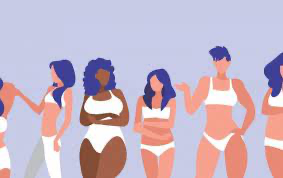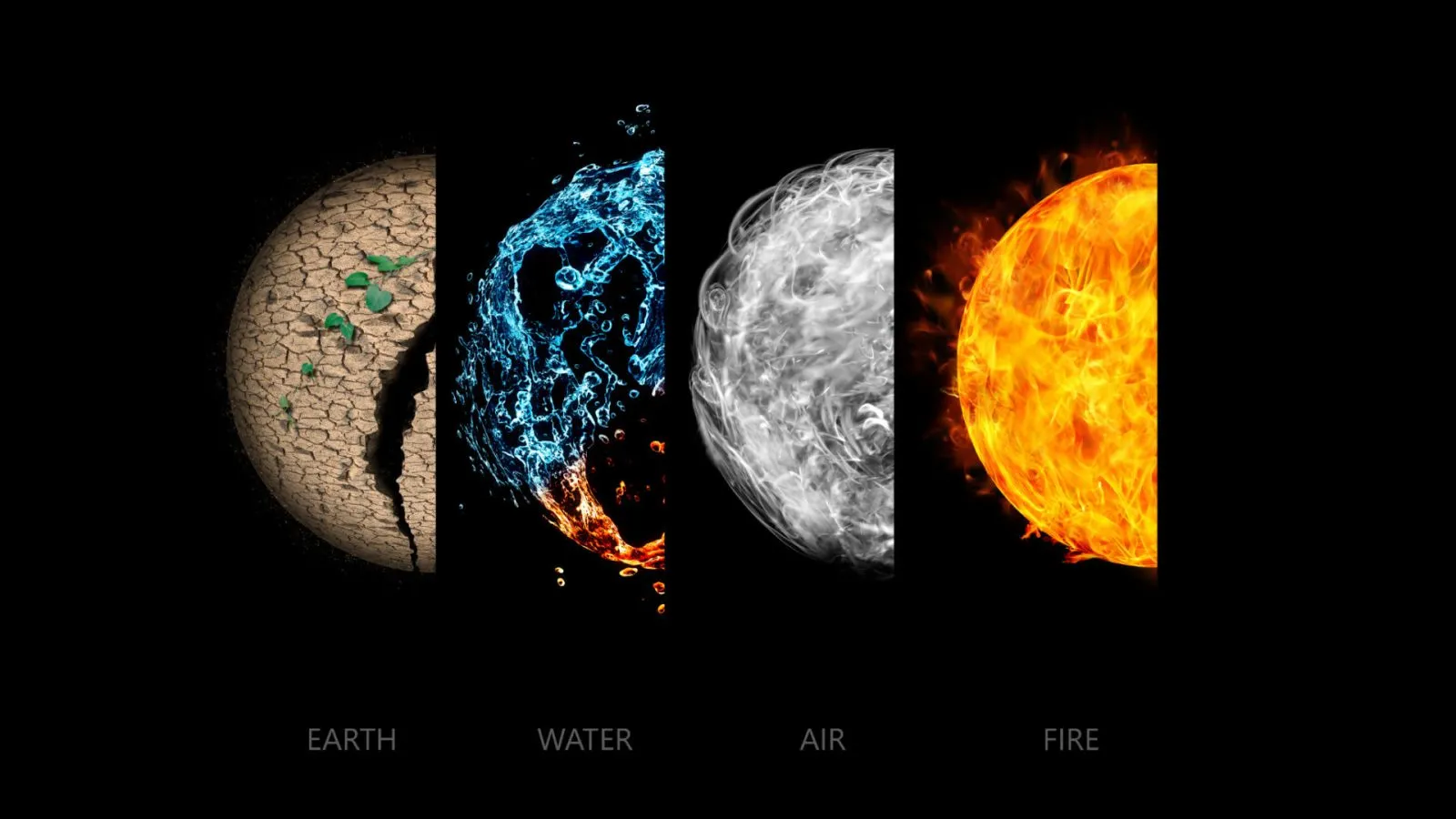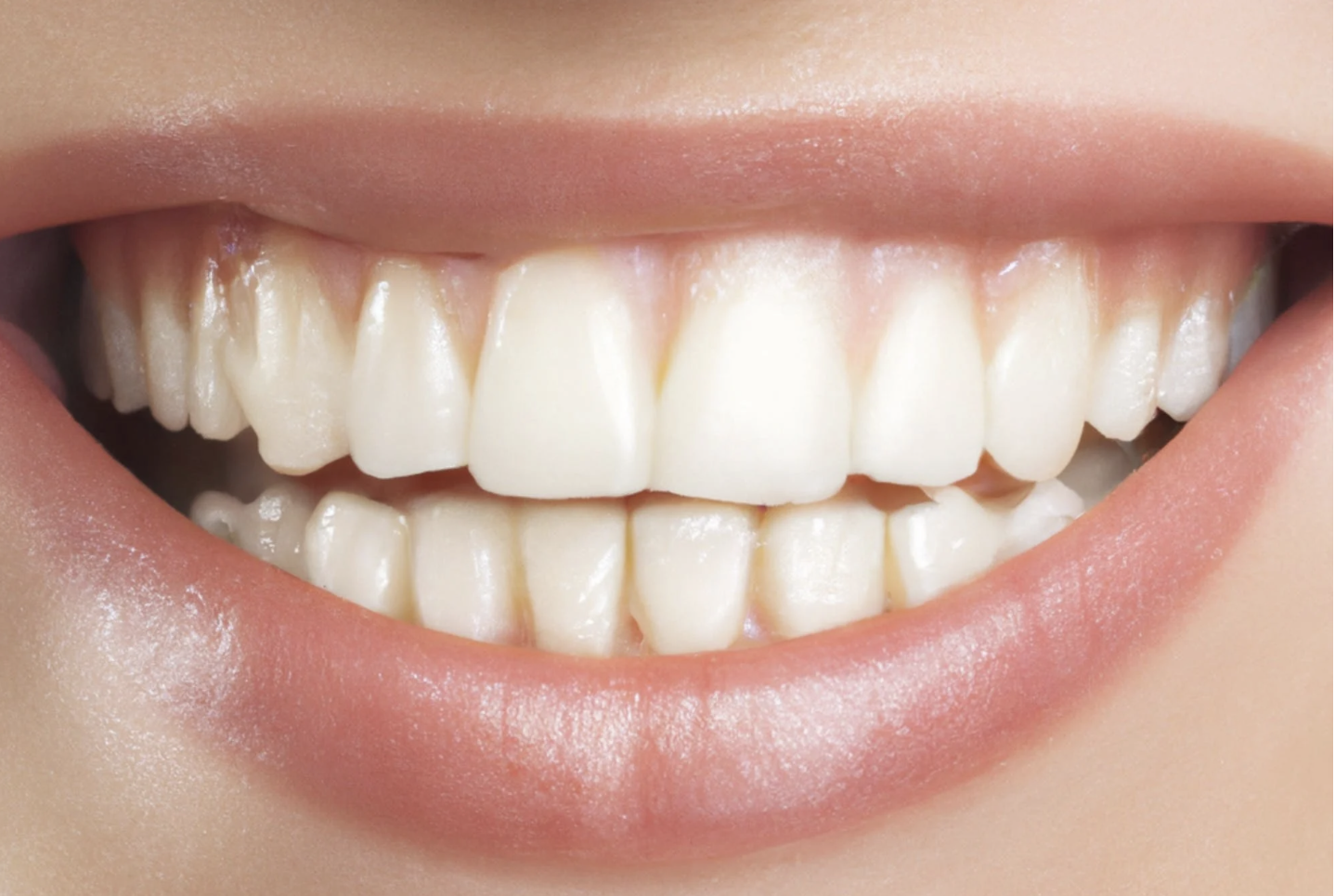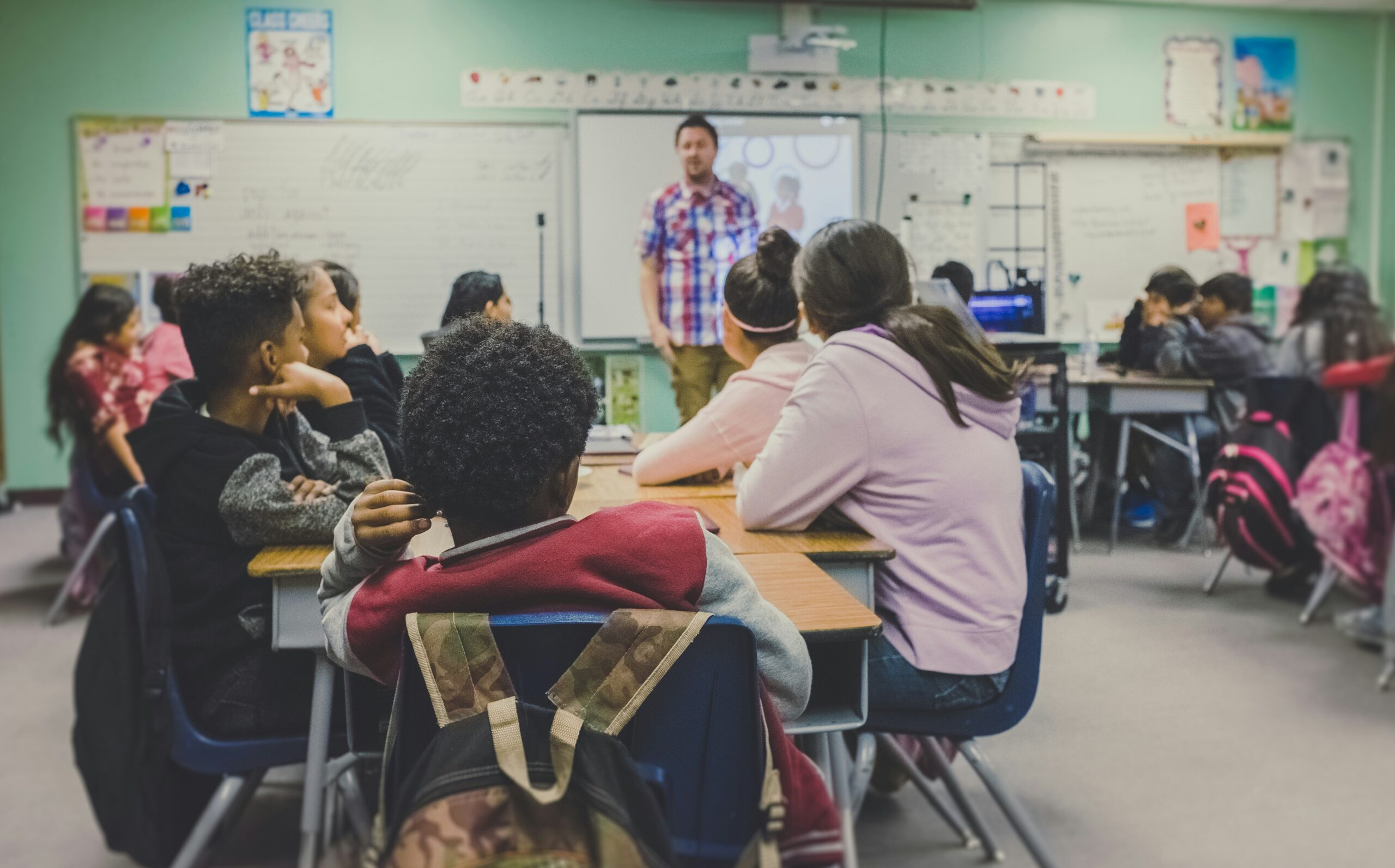Body Image: You Are More Than What You See

Have you ever seen yourself in the mirror and thought, “Wow I look good right now,” and then proceeded to snap a photo of yourself? Let’s be honest, we have all been there. Now let me ask you this, have you ever seen one of those photos of someone else and compared it to your own natural beauty? Can you confidently say that you admired their beauty and loved them for it? Or did you subconsciously have the opposite reaction?
Eighty eight percent of women struggle/have struggled with comparison. Eight six percent of adolescents on social media said body image has been negatively impacted by social media.
Ok, so we compare ourselves to others, what’s the harm of that? Comparison is something that ‘pushes me to be my best self.’ Comparison is like a tightrope, make one wrong step or one wrong move, and you are thrown into an uncontrollable free fall, falling fast and far into a trap that is very hard to be freed from. So why step on the tightrope in the first place? Why even get close to it? Is the alluring promise of an adrenaline rush enough to risk the deformation of the figure in the mirror that stares back at you. We are so caught up in the idea of what could be instead of focusing on what is. We want what other people have but forget the beauty of our own authenticity. We have to remember that others’ accomplishments, others’ beauties, do not undermine our own. We are beautifully created in God’s image, all different and beautiful ways.
The Harm
Why is it harmful? Comparison is one of the leading causes of low self-esteem in our generation today. The activity of comparing oneself with others is a major trigger for a plummet in self-esteem, a shame reaction. Shame fills the gap between what – ideally – we would like to be, do and have, and what we see ourselves as actually being, doing, and having. Low self-esteem is not a minor issue. Low self-esteem creates a gateway for other serious issues. For example, body dysmorphia, anxiety, stress, loneliness, and increased likelihood of depression. It can cause problems with friendships and romantic relationships as well as seriously impairing academic and job performance. It can even lead to increased vulnerability to drug and alcohol abuse.
Let’s put this in perspective. Leon Festinger, a social psychologist best known for cognitive dissonance and social comparison theory, argued people have a tendency to make downward social comparisons with those who are worse off or less skilled than them, and this can raise their self-esteem. Conversely, upward social comparisons can reduce self-esteem, and are more likely with social media. If social media is promoting the downward spiral of self-esteem and mental health, what are the steps to prevent that spiral?
Knowing your identity in Christ is a recipe for freedom. Social media only has a hold on your life if you let it. Find beauty and peace in knowing you are uniquely, beautifully, and perfectly created in the eyes of a father that has millions of children. That amongst those people, he created you just the way you are, find pride in that. God single handedly sculpted you into the beautiful creation you see in the mirror.
There are more issues with the image of a person than just what they paint themselves to be. There are other dangers than just comparison. Another danger of the deception of social media would be the fake persona people get to make for themselves alongside the exposure to premature content. Mayo Health Clinic professional, Tom Smith, when asked what his biggest concern about social media is, says, “Bullying and Catfishing. People are just being jerks because they can be anonymous.” Not only can people put on fake profiles to appear as perfect but there’s also danger in fake profiling. Social media breeds dangers such as sex trafficking, sexual violence, harassment, and bullying. Social media has also played a major role in sexualizing our generation. Social media allows for freedom of expression. That being said, there are no boundaries or limits on what people can post. Principal James Ackley says, “Social media exposes kids to things they aren’t emotionally mature enough to see.” This leads kids into substance abuse, addiction, objectification, violence, and rage. Social media subconsciously speeds up the development process of kids and adolescents by exposing them to the material they are not ready for.
Social media doesn’t just instill the dangers of low self-esteem, but can promote violence, substance abuse, exposure to premature content, and catfishing. Be careful what you look at online and don’t let your guard down low enough for small creatures with a large impact to jump over. Social media can be a dangerous place so make sure you have systems in place to keep yourself from getting too sucked into an ongoing cycle.
NCU’s Writing for Media class investigates how social media shapes how we see ourselves.





